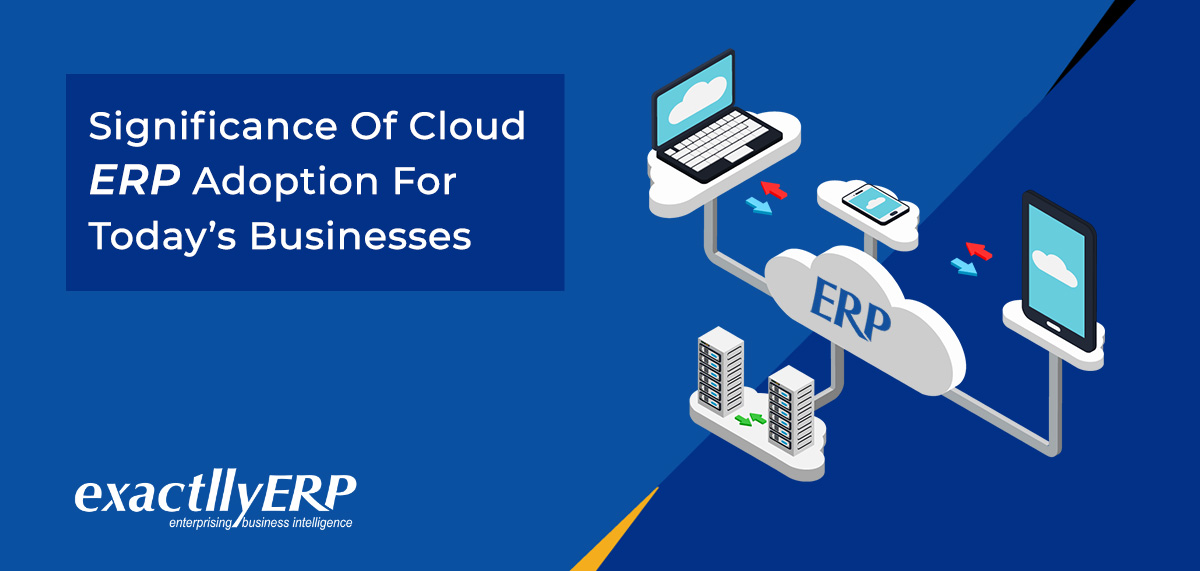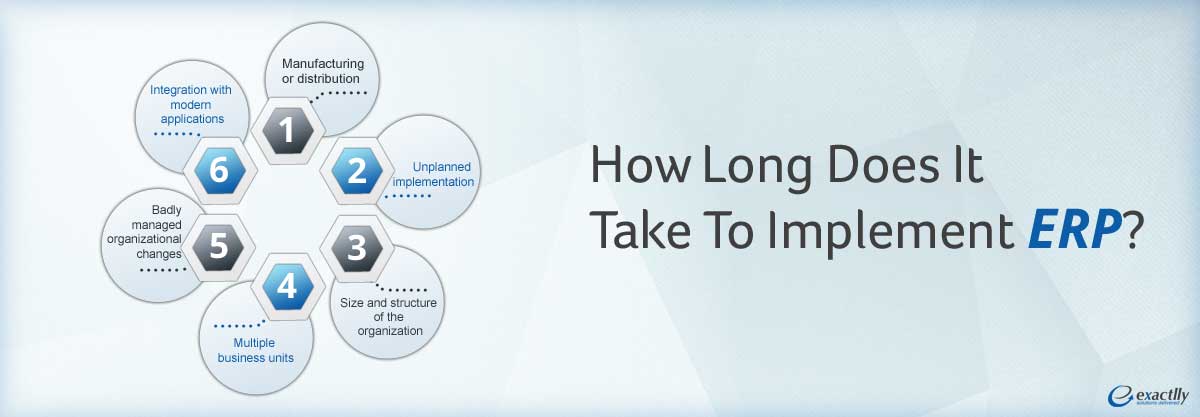Study Indicates ERP Increases Job Satisfaction

ERP Increases Job Satisfaction
Those who have been using enterprise resource planning for a long time know it for a fact that it can increase job satisfaction. There is little research to back this often anecdotal observation and it would be amazing if the academia took up more projects to study the effects of ERP on job satisfaction using a large sample, across a number of countries.
Critical processes, which earlier used to be manual, are now automatic. That leaves employees with more time to focus on core business activities. ERP has thus improved employees’ work conditions and allowed them to use their time on more productive activities. ERP takes care of what earlier used to be the domain of full time employees.
While searching for abstracts and research papers related to ERP and job satisfaction, we did find a small study that correlates job satisfaction with the use of enterprise resource planning.1 In this article, let us try and take a look at what the researchers did and how the findings may impact our perception of ERP and other automated business processes.
The study below considered 3 characteristics of a job, which ameliorate job satisfaction. These included skill variety, autonomy and feedback.
Let us first take a look at the 3 job characteristics described in the study:
- Skill variety
There is a tendency among people to not acquire skills when they are bogged down by a lot of work. Employees, who feel they are doing monotonous work where there is no scope for creativity, tend to acquire very few skill sets. On the other hand, they experience burnout more quickly than those who do not engage in monotonous work.
With that in mind, skill variety is increased when employees have time to learn those skills. Automation of business processes has made it possible for employees to invest more time in training and acquiring new skills. Corporate training and development programs can be successful only when employees have time to invest.
- Autonomy
When employees do not have the kind of independence that they deserve to have, job efficiency goes down. It is often noticed that the ones who have a greater degree of autonomy at work are the ones who manage to enjoy what they do and also do it well.
When employees have to constantly seek support from their supervisors or approach them when certain things can be done on their own, employees feel they do not have control over their professional life.
That can lead to job dissatisfaction. Psychological research reveals that people who are individualistic and are able to work autonomously are also the ones who arrive at creative solutions. While team effort is appreciated, there has to be a healthy level of autonomy at work.
- Feedback
No employee can improve his or her skill sets without appropriate feedback. Feedback serves the purpose of monitoring and rewarding. It also serves the purpose of assessing an employee’s work and how they are conducting themselves. Feedback, good or bad, motivates employees to work better.
It is often noticed that during the few days after receiving feedback, there is generally a spike in productivity at work. This is mostly because it is human nature to seek feedback and assessments from other people. Feedback could be from employees who are at a lower level or from someone at a higher level. It could even come from peers. No matter who gives it, it is an important part of work that enhances job satisfaction.
Now, let us take a look at the study we mentioned earlier.
The study, methodology and findings
Michael G. Morris and Viswanath Venkatesh (2010) published a paper in the MIS quarterly titled “Job characteristics and job satisfaction: Understanding the role of enterprise resource planning system implementation”.
The study highlights the fact that very little research has been conducted to assess the impact of ERP implementation on job satisfaction. In order to assess what the relationship between the two variables could be, the authors conducted a study over a period of 12 months. The sample included 2,794 employees of a telecommunications firm. The authors found that implementing an ERP resulted in the improvement of relationships between skill variety, autonomy and feedback and job satisfaction.
They clubbed skill variety, autonomy and feedback under a broad category titled ‘job characteristics’. They emphasized the importance of ERP and the way it alters well-established dynamics between these variables when technology-enabled changes are enforced. The study suggests that when using technology, we should move beyond technological aspects and look at the broader job outcomes.
Analysis of the study: Job characteristics and ERP implementation improve job satisfaction
The study seems to indicate that installing enterprise resource planning significantly changes the relationship between job satisfaction and job characteristics.
Using an ERP allows employees to boost their skill variety. They will no longer need to fill up forms and carry out tasks that were earlier manual. They can instead automate these processes and concentrate on skill acquisition, which enhances job satisfaction.
Autonomy and job satisfaction
Autonomy is very important in maintaining job satisfaction as well. No employee likes a manager breathing down his or her neck all the time. When there is little autonomy at work, employees begin to feel that they are being monitored and that goes against organizational psychology, inducing a sense of paranoia among employees.
Using an ERP can help employees to achieve autonomy as their supervisors tend to not worry too much about critical aspects when an ERP is installed. Supervisors do not worry about errors that employees may make, as everything will be automated. Employees, on the other hand, enjoy a greater degree of autonomy at work.
Job satisfaction and feedback
Another important job characteristic that is associated with job satisfaction is feedback. When employees receive feedback from others, they feel motivated to work or even improve the way they do. Feedback is necessary to help employees remain on track and understand what they should be doing instead of what they are doing. An ERP helps to boost the entire feedback system within an organization. Whether it is token economies or contingency planning, ERP helps managers and supervisors to continuously provide employees with feedback and also reward them when they exceed expectations.
The gist
It is not a surprising finding that implementation of ERP results in increased job satisfaction with respect to the three job characteristics that the authors studied. Focusing on broader job outcomes rather than shortsightedly looking at technological impact is also important. The academia must try and gain access to even larger samples in order to understand the dynamics that play at work.
While three job characteristics were discussed in the study, researchers could use other attributes as well, to test the effects of ERP on job satisfaction. Job satisfaction is often overlooked and not given the importance it deserves. When employees are happy with the work they have in their hands, one can rest assured that the organization also remains efficient and productive.






